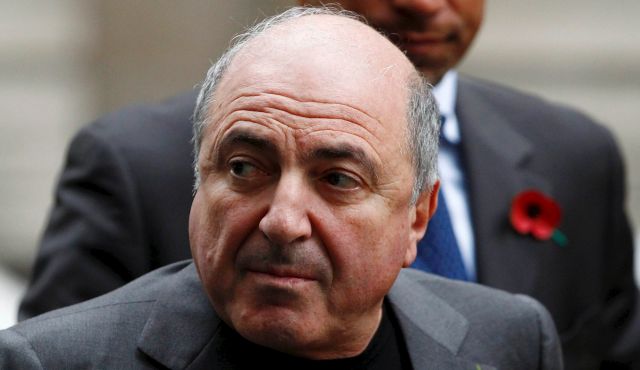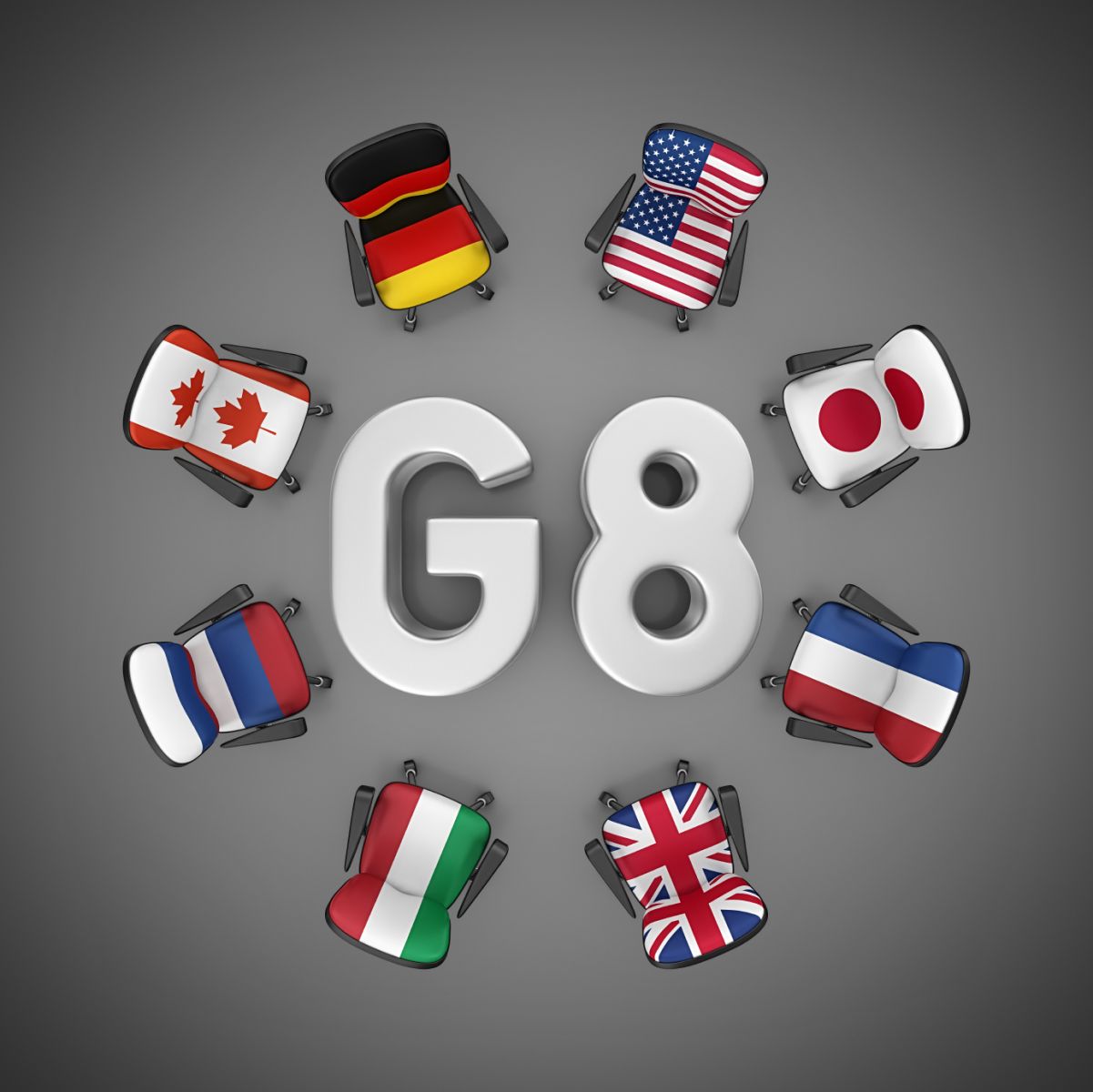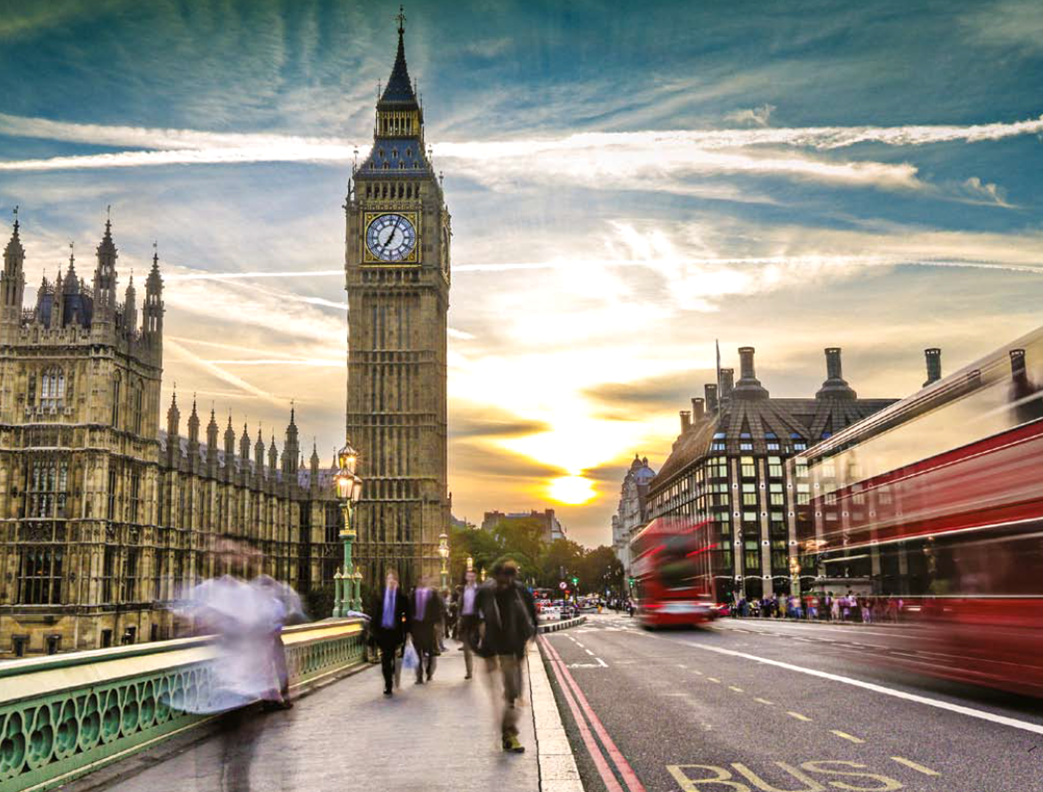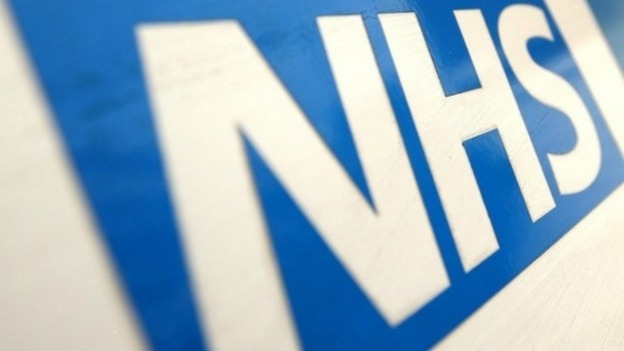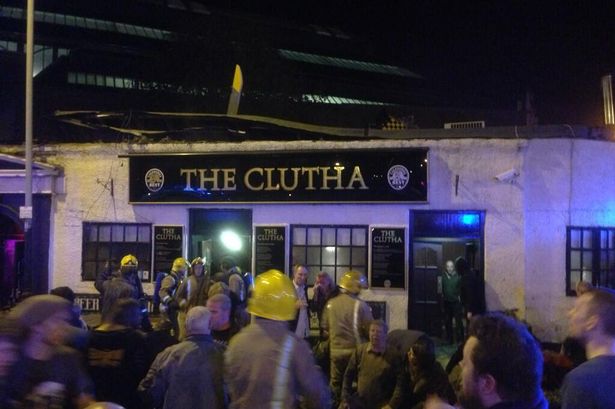Based Oligarch Boris Berezovsky Found Dead
Exiled Russian oligarch Boris Berezovsky has been found dead in a bath at his home.
It is believed he had taken his own life.
Berezovsky made his fortune in Russia in the 1990s when he bought up state assets cheaply which were being sold off.
The report is understood to have emerged through the Facebook account of his son-in-law Yegor Shuppe.
Updated 20:07
It is believed the former billionaire took his own life but no reports have been confirmed.
Lord Tim Bell, the advertising and PR executive, confirmed his death, adding: “His body was found by his bodyguard.
“No other details are available at this time.”
Thames Valley Police later confirmed they had launched an investigation into the death of a 67-year-old man at a property in Ascot, Berkshire.
His death was “currently unexplained” and a “full inquiry under way”, police said
Mr Berezovsky start making his fortune in Russia in the 1990s when he bought up state assets which were being sold off cheaply.
The first report of his death is understood to have emerged through the Facebook account of his son-in-law Yegor Shuppe.
He had lived in Great Britain from 2000 having fled from Russia after falling out with Russia’s leader.
Mr Berezovsky openly called for Russian President Vladimir Putin to be overthrown. He was later granted asylum in Britain.
He was also a friend of the murdered dissident Alexander Litvinenko, who died in London after consuming radioactive Polonium in 2006, shortly after meeting Russian Andrei Lugovoi, now an MP in one of Russia’s nationalist parties.
In 1997 Forbes magazine estimated Mr Berezovsky’s wealth at US$3bn (£2bn) but in recent years his wealth had been considerably reduced.
It is thought he had done badly in the financial crisis. In 2009 his wealth was estimated at £450m but he is thought to have spent £100m on a £3.7bn lawsuit against Roman Abramovich last year, which he lost.
He previously owned a home of a total value of £25m in Wentworth, Surrey, but was forced to sell it as his expenses mounted. In January it was revealed that his former lover Yelena Gorbunova won a £200m freezing order on his assets after they split last year over fears he was in dire straits.
In July 2011 his ex-wife Galina Beshanrova, 53, won the biggest divorce settlement in history, said to be worth hundreds of millions of pounds.
James Nixey, head of Chatham House’s Russia programme, said: “He is the most virulently anti-Kremlin, anti-Putin of the oligarchs.
“He was certainly willing to spend his money, what little he had left, in an attempt to use it to end the current regime in Russia.”
He added: “He had bodyguards, there were attempts on his life that even the security service in the UK had warned him about.
“Putin put in a request for extradition. This was denied on the basis that he wouldn’t receive a proper trial in Russia. But he was a wanted man in Russia.
“It’s certainly not the first case of Russians and people from the former Soviet Union, more broadly, who have been involved in difficult, embarrassing disputes with the Kremlin, to have died in relatively mysterious circumstances, perhaps before you might expect their natural life to end.
“Information is not always made public so I don’t suppose we will find any answers particularly quickly.”
Lord Truscott, who has written a biography of Vladimir Putin, said: “Was it suicide or was it murder? He had a lot contact with people in Russia. There could be a whole host of people who could want to see him dead.
“Last year he lost a case against Mr Abramovich and was getting very short of money. He could have been in a depressed state. Perhaps it was a final desperation.”
According to Russian news agencies, Mr Putin’s spokesman Dmitry Peskov said that Mr Berezovsky has recently written to the President to ask for a pardon and to say that he wanted to return to Russia.
Update 10:00 March 24, 2013
Police say they have found no evidence of nuclear or chemical contamination at the Berkshire mansion of the oligarch.
After police , biological and nuclear experts searching the home of dead Russian exile Boris Berezovsky have given the scene the all clear after finding “nothing of concern”.
Most of the cordon which had been put in place around the perimeter of the property in Ascot, Berkshire, has been lifted.
The former billionaire was found dead at the mansion by a bodyguard, and scenes of crimes officers are carrying out a “full and thorough investigation” there to find out the circumstances surrounding his “unexplained” death.
It has been reported the oligarch, who had been a strong critic of President Vladimir Putin’s rule in Russia, was discovered in the bath after taking his own life, but this has not been confirmed.
He was a good friend of murdered dissident Alexander Litvinenko, who died in London after consuming radioactive polonium in 2006.
Mr Berezovsky’s lawyer Alexander Dobrovinsky told Russian state television he had been informed by contacts in London that Mr Berezovsky had killed himself
He said: “Berezovsky has been in a terrible state as of late. He was in debt. He felt destroyed. He was forced to sell his paintings and other things.”
It is thought he had done badly in the financial crisis. In 2009 his wealth was estimated at £450m, but he is thought to have spent £100m on the £3.7bn lawsuit against Chelsea owner Roman Abramovich last year, which he lost.
In an interview with Forbes Russia magazine on the eve of his death, Mr Berezovsky said he had lost “meaning” from his life and wanted to return to Russia.
He said he had “underestimated how important” Russia was to him, and he felt uncomfortable as an immigrant in Britain.
He stated that overreact regarding his idea of an “idealistic” prospects of creating democracy in Russia, and about the type of democracy that existed in the West, and his views had changed.
Mr Putin’s spokesman Dmitry Peskov told Russian state TV that Mr Berezovsky had recently written to the president to ask for a pardon and to say that he wanted to return to Russia.
He said: “He asked Putin for forgiveness for his mistakes and asked him to obtain the opportunity to return to the motherland.”
A friend of Mr Berezovsky, said she did not think his death was suspicious.
Sasha Nerozina said: “There is nothing to be suspicious about, as far as I understand. It is shocking, terrible news. It is not something you expect. He was full of life and love … we expected him to outlive us all.”
She said Mr Berezovsky had been left “demoralised” by losing the high-profile legal battle with Mr Abramovich in 2012.
Dr Yuri Felshtinsky, author of The Putin Corporation and a close associate of Mr Berezovsky, said he recently spoke to him and “he was looking forward to the future and did not seem to be suicidal”.
Superintendent Simon Bowden from Thames Valley Police said: “The CBRN (chemical, biological, radiological and nuclear) officers found nothing of concern in the property and we are now progressing the investigation as normal.”
Mr Berezovsky, a former mathematics professor, made his fortune in Russia in the 1990s when he bought up state assets which were being sold off cheaply.
He had lived in Britain from 2000, having fled from Russia after falling out with Mr Putin.
In fear of his life, he sought political asylum and moved to the South East of England, buying upmarket properties in Knightsbridge, London, and Berkshire.
The businessman survived a number of assassination attempts, including a bomb in his car that decapitated his chauffeur.
He became a vocal and strong critic of Mr Putin’s rule in Russia, where had become a wanted man.
James Nixey, head of Chatham House’s Russia programme, said: “He is the most virulently anti-Kremlin, anti-Putin of the oligarchs.
“He was certainly willing to spend his money, what little he had left, in an attempt to use it to end the current regime in Russia.
“He had bodyguards, there were attempts on his life that even the security service in the UK had warned him about.
“It’s certainly not the first case of Russians and people from the former Soviet Union, more broadly, who have been involved in difficult, embarrassing disputes with the Kremlin, to have died in relatively mysterious circumstances.”
Updated March 24 at 16:00
The exiled critic of the Russian government was found dead on the floor of a bathroom by a concerned employee.
An employee of Boris Berezovsky has told police he forced open a bathroom door at the Russian exile’s home and discovered the oligarch’s body on the floor.
The employee called the ambulance service after he became concerned about the 67-year-old’s welfare, having not seen him since about 10.30pm the night before.
He then forced open the bathroom door, which was locked from the inside, according to a statement released by Thames Valley Police.
Police say the employee was the only other person in the Ascot home when the body was discovered, adding that there is no evidence so far that a “third party” was involved in the death.
A paramedic who attended the scene declared Mr Berezovsky to be dead.
Police say that upon leaving the property, the paramedic’s personal electronic dosimeter (PED) was triggered.
The PED is a health and safety device carried by all paramedics to measure nuclear radiation exposure. It is not clear how the device was triggered, or what triggered it. The ambulance service said that some devices are more sensitive than others.
“As a result of this, specialist CBRN (chemical, biological, radiological and nuclear) officers were asked to confirm that the scene was safe and clear to work in, which they subsequently did,” police said.

